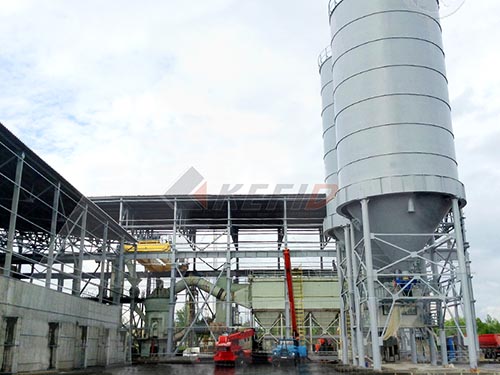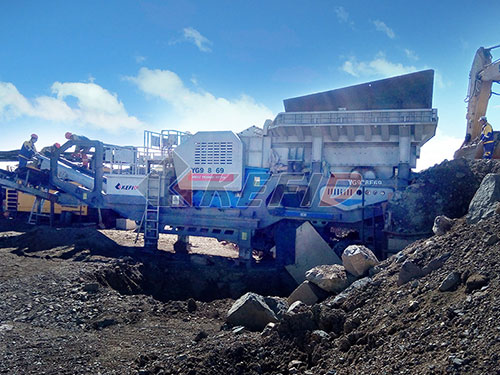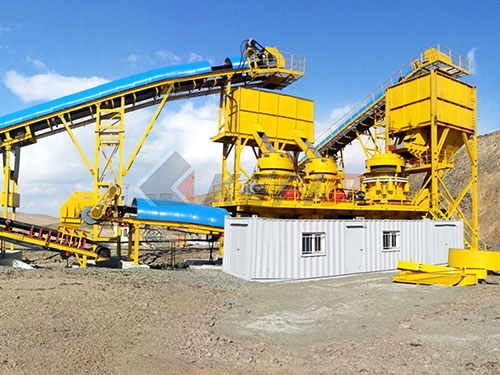Gravel Crushers For Sale

The Essential Guide to Choosing the Right Gravel Crusher for Your Project
Gravel is a fundamental material in construction, road building, landscaping, and countless infrastructure projects. Producing consistent, high-quality gravel efficiently requires the right machinery: a gravel crusher. Whether you're a contractor managing large-scale operations or a landowner tackling a driveway project, understanding your options for gravel crushers for sale is crucial.

Why Invest in a Gravel Crusher?
Purchasing a gravel crusher offers significant advantages over relying solely on purchased materials or intermittent rentals:
1. Cost Savings: Crushing your own rock (like quarry stone, river rock, or demolition concrete) drastically reduces material costs over time, especially for larger or ongoing projects.
2. Control & Consistency: Produce gravel precisely to the specifications you need – size, shape (cubical vs. flaky), and gradation – ensuring optimal performance for its intended use (e.g., road base, drainage layer, decorative aggregate).
3. On-Site Efficiency: Eliminate transportation costs and delays associated with hauling pre-crushed material from distant quarries. Crush directly where the material is sourced or needed.
4. Sustainability: Recycling demolition concrete or asphalt rubble into usable gravel reduces landfill waste and the environmental impact of quarrying new virgin aggregate.
5. Versatility: Modern crushers can handle various feed materials beyond just virgin rock, including recycled concrete and asphalt (RAP/RCA), making them valuable assets.
Types of Gravel Crushers
The best crusher depends heavily on your material type, desired output size and shape, production volume needs, and mobility requirements:
1. Jaw Crushers:
How they work: Use compressive force between a fixed and a moving jaw plate.
Best for: Primary crushing (first reduction stage) of hard, abrasive materials like granite or basalt. Ideal for producing larger initial sizes.
Output: Typically produces more elongated particles compared to cone crushers.
2. Cone Crushers:
How they work: Material is crushed between an eccentrically gyrating mantle and a concave bowl liner.
Best for: Secondary and tertiary crushing stages (further reduction after jaw or impact primary). Excellent for producing finer aggregates and more cubical-shaped end products desirable for high-quality concrete mixes or surface courses.
Output: Generally produces more


